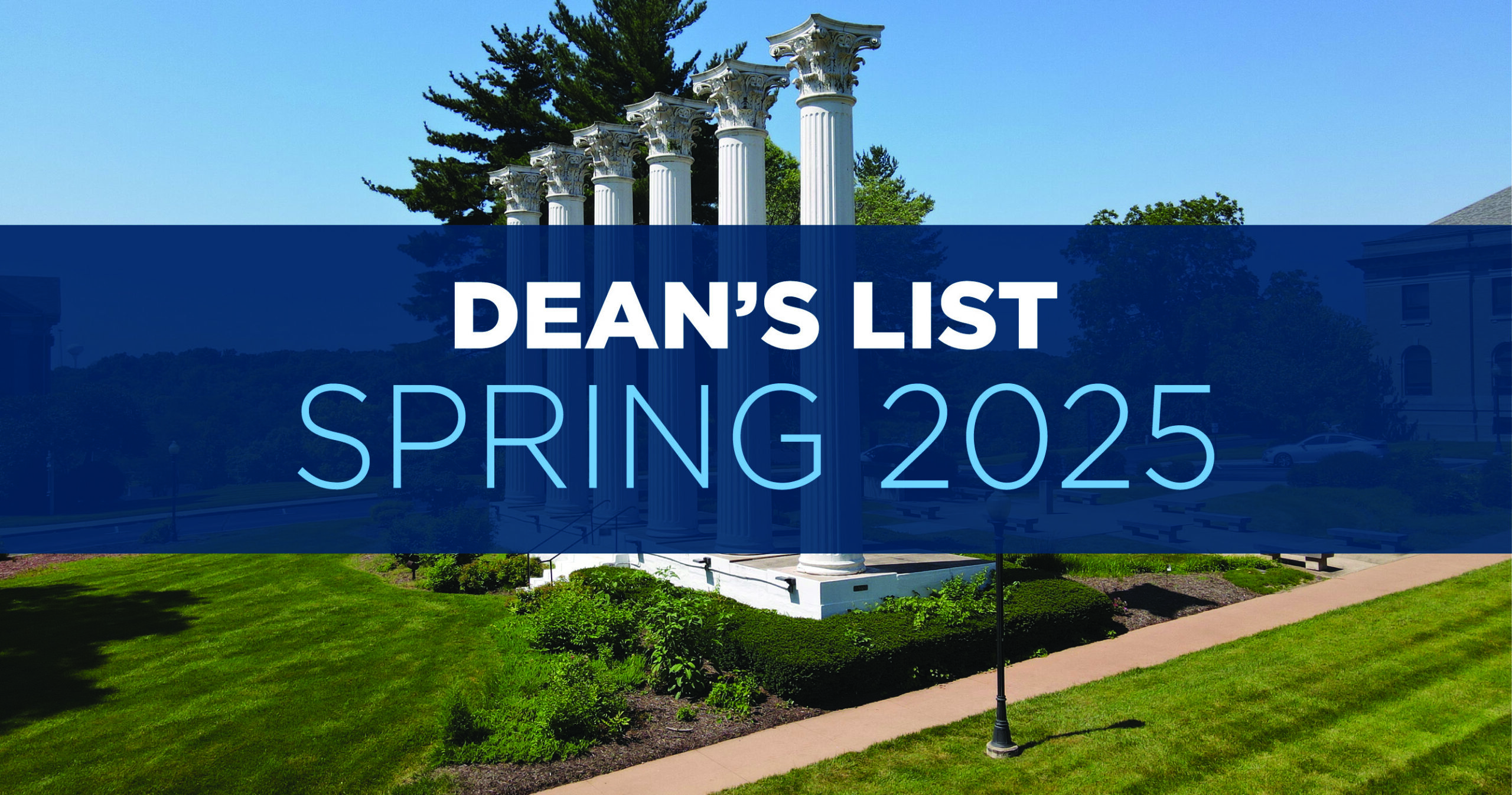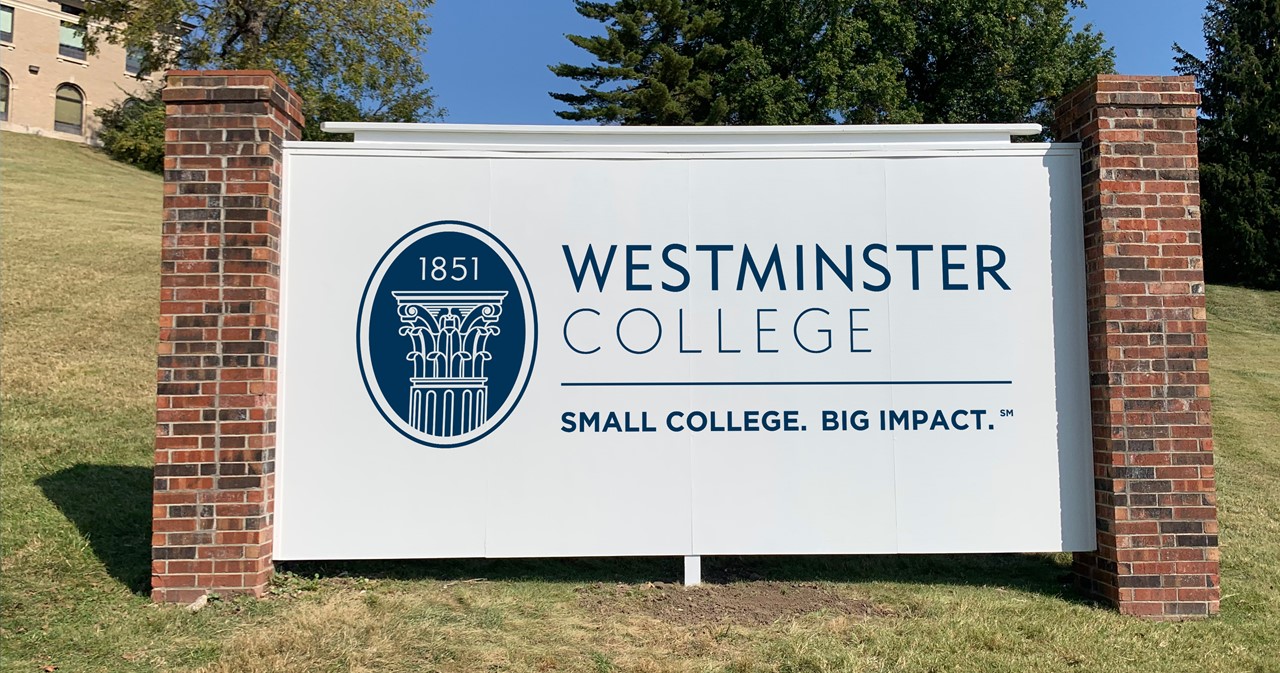Full disclosure: I hated standardized tests as a student and was deathly ill before each try at the SAT and the GRE. I’m one of those self-proclaimed “don’t test well” people, yet I managed to earn bachelors, masters and doctoral degrees from selective institutions, have a successful academic career, and serve as president of a liberal arts college. My doctoral work and early research was in educational measurement. Needless to say, I greeted the recent announcement about changes to the SAT with both professional and personal interest.
What’s behind the changes? The news reports point to a confluence of forces: a change in leadership at the College Board, concerns about the test’s validity and fairness, competitive market pressures, and the move by many colleges and universities to go “test optional” thus challenging the relevance of the SAT. The College Board is feeling the squeeze of market pressures just like the rest of education; adapt or become irrelevant has become the mantra throughout higher education.
Should the changes matter to high school students? Will the new SAT improve the college admissions process? More importantly, will changing the test enhance education and promote student learning, both in high school and beyond?
I doubt the proposed changes will add much to the quality of life for high school students. College admissions tests still carry considerable societal cache and will no doubt remain a source of stress for college-bound high school students, particularly those seeking admission to highly selective institutions. If, however, the tests actually tap meaningful learning in high school, rather than serve as a proxy assessment of general intelligence, then perhaps students won’t need to spend as much time in superfluous test-prep courses and can devote that energy to school work. Imagine high school English and mathematics courses actually being the best prep for the SAT and success in college.
I am hopeful the new SAT will enhance the College admissions process. However, it will only do so to the extent that the test adds to the predication of success in college over and above other indicators. Recent studies of test optional practices suggest that this might not be the case. But that could be because the current version of the SAT is too disconnected from actual college-level learning to add much to the predictive power. Or it could be because the best predictor of performance in school is performance in school. Ultimately, time and research will tell the tale.
Whether we admit it or not, what is tested determines what is taught. Therefore, changes to align the SAT with high school curricula and college expectations ought to be good for education. Here is where society may see the biggest benefits from the changes, but time will tell.
A word of advice for students: research has shown that success in college has a lot to do with the fit between the individual and the institution, and the good news is that American higher education offers a wide range of post-secondary education options. So study hard, do your best in high school, learn to enjoy learning, and find the college or university that is the best fit for your interests and abilities. Your SAT score shouldn’t fix your educational future; your performance in school should.
This is the editorial account for Westminster College news team. Please feel free to get in touch if you have any questions or comments.






